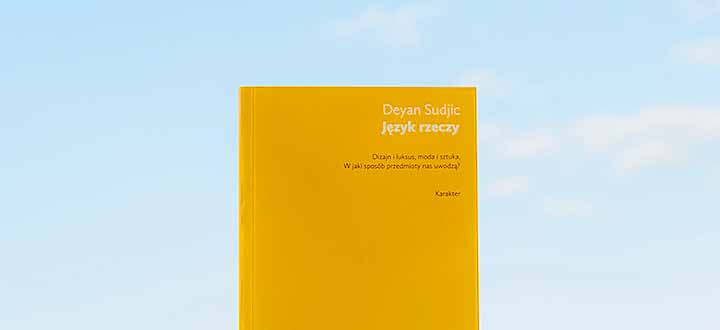关于宾格代词作主语
2024-09-19 13:54:00 学考宝 作者:佚名
问题描述
下面的句子摘自薄冰英语语法:
—Will anyone go with him? 有人愿和他一同去吗?
—Not me. 那不会是我。
—I’d like to go back in here. 我想回到这里来。
—Me too. 我也想。
Me get caught? 会被逮住?
Him go to the States! 怎会去美国!
Take a look at the list me and John made up. 看一看我和约翰开的清单吧。
薄冰老师把这类用法归为“口语用法”。请老师具体地说一下宾格人称代词用作句子主语的用法。谢谢!
老师答疑
陈老师:
原则上说,人称代词的宾格形式是不宜作主语的。但在某些特殊情况下也确实可以这样用,大致有以下几种情况:
▲人称代词单独使用时
主格的人称代词一般不单独使用,而且也通常不用于否定词not之后构成省略句,遇此情况,即使人称代词是用作主语,也通常用宾格代词代替。
A: Who did it? 谁干的?
B: Them. 他们干的。
A: Who wants a ride on my bike? 谁想骑我的自行车?
B: Me! 我想!
A: Who will do the washing-up? 谁管刷锅洗碗?
B: Not me. 我不管。
A: Will anyone go with him? 有人愿和他一同去吗?
B: Not me. 那不会是我。
You are to blame, not me. 是你不对,不是我啊!
The whole humanity is interested in these things, not just us. 全人类都对这些事情感兴趣,不仅仅是我们。
▲用于重述性反问句时
在某些重复性反问句(即通过重述对方已说内容的反问句)中,有时可在主语位置使用宾格人称代词,以加强语气(主要见于非正式英语)。如:
A: You stole it. 是你偷了。
B: Me? 是我?
A: Do you love her? 你爱她吗?
B: Me love her!? 我爱她!?
A: You will get caught. 你会被抓住的。
B: Me get caught? 我会被抓住?
A: You can tell him. 你可以告诉他。
B: Me tell him? Not likely! 我告诉他? 不可能的事!
这种重复性反问句有时可以感叹句的形式出现。如:
A: He will go to the States. 他会去美国。
B: Him go to the States! 他怎会去美国!
A: I hear you’re a linguist. 我听说你是语言学家。
B: Me a linguist! 我是语言学家啊!
注:也有人将以上疑问句和感叹句分别叫陈述疑问句和陈述感叹句(即以陈述句形式来表示的疑问句和感叹句)。
▲用于并列主语中
在非正式口语中,人称代词的宾格形式有时候用在带and, or 的并列主语里;但在正式的用法里,这被认为是不正确的。如:
You or him can have a turn now. 你或他现在可以轮换一下。(最好改用主格 he)
Take a look at the list me and John made up. 看一看我和约翰开的清单吧。(最好改用主格 I)
John and me are going skiing this weekend. 约翰和我本周末要去滑雪。(最好改用主格 I)
▲用作省略动词的主语
Him a dunce? No way! 他是个笨蛋?绝对不是!
What, him a republican? 什么,他是共和党人?
Kim will be giving the first lecture, me the second. 金上第一节课,我上第二节。
I suggest that you give the first three lectures and me / myself the remaining two. 我建议你先讲三堂课,我讲剩下的两堂课。
▲口语中用作没有动词变化形式的主语
此时通常伴随表示某种强烈的感情。如:
Him go to the States! 他怎会去美国!
What, me wear a kilt? 什么,我穿苏格兰短裙?
Me fight a chap like him? Not me! 我跟他这样的人相斗? 我才不呢!
What? Me help him out? Perish the thought. 什么?要我去帮他?死了这条心吧!
▲用于某些惯用语
在反应句中经常使用非常不正式的Me too, Me either, Meneither, Us too 等,也通常使用宾格代词。如:
A: I love chocolate. 我喜欢吃巧克力。
B: Me too. 我也喜欢。
A: I don’t like horror movies. 我不喜欢恐怖片。
B: Me either. 我也不喜欢。
A: I don't feel like going to the party. 我不想去参加聚会。
B: Me neither. 我也不想去。
A: I’m glad it’s Friday. 我很高兴今天是星期五。
B: Us too! 我们也高兴!
A: I don’t want to go to a political meeting. 我不想参加政治集会。
B: Nor me! 我也不想!
i老师:
谢谢陈老师!


















